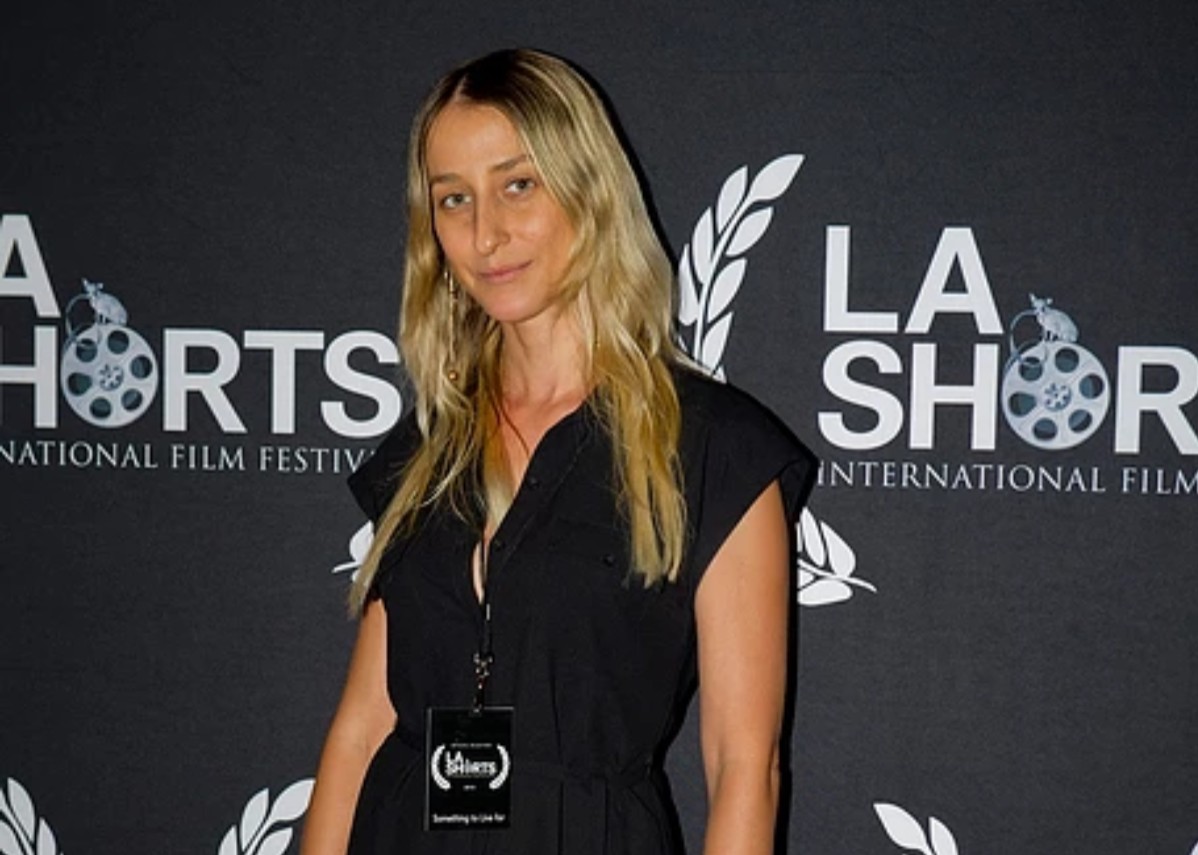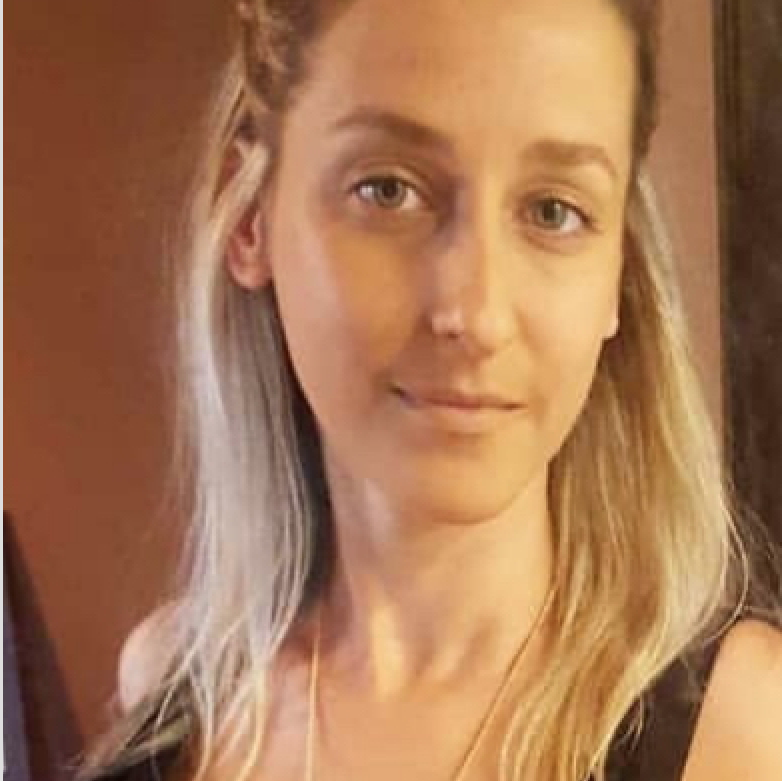
Before moving to LA and writing Project Fog, I served as an Operation Sergeant in the West Bank in a unit that bridged between the army forces and population in the area. I later worked in the Israeli media covering war and terror alongside everyday topics and on Keshet production documentaries that dealt with major terror attacks and kidnappings that took place in Israel during the ’70s and ’80s.
Working during the 2014 war broke something inside of me and writing became my refuge. These experiences led to the creation of both my short film ‘Something to Live For’ and feature script Project Fog. The Project Fog script explores commitment and family through war – When war breaks between Israel and Gaza, an Israeli soldier gets kidnapped through the underground tunnels of Gaza. Ahmed, an undercover Israeli agent who infiltrated Hamas and has been living in Gaza for the last 18 years, is operating to locate the soldier. To his surprise, he finds out his 16-year-old son is one of the kidnappers and is now forced to choose between his son and his country while trying to keep his identity a secret.
When I began writing the Project Fog script I focused on the present and explored the spy’s undercover life in Gaza. As I kept developing the story, my peers wondered about the Israeli side as well. I think that side was so known to me, I forgot it wasn’t to people outside of Israel and so I combined both. That advice actually allowed me to present the complexity on both sides and better paint the picture, showing nothing is black or white.

How long did you take to complete the script?
Adva Reichman (AR): The idea for “Project Fog” was conceived back in 2014 after the war ended, but I truly began working on it only a few years later. Reaching this current draft took almost a year.
What was the first writing project that you were involved with or that was out of the gate?
AR: ‘Project Fog’ was the first feature. I wrote various short scripts prior and during. The next feature I wrote was ‘Samir’ and it was a joint effort with a group of writers. ‘Samir’ is a current adaption to the Count of Monte Cristo. Financed by Warner Bros, the film revolves around a Middle Eastern man framed for terror and sent to Guantanamo. That was the first time I co-wrote with other writers and learned a great deal from that process.
During the production of the trailer or proof of concept, what scene was the hardest to shoot?
AR: My short film ‘Something to Live For’ follows a different story but is set in a similar world and faces related dilemmas. Many scenes presented different challenges, mainly because we dealt with a harsh subject matter. Anuar Jour, our talented lead actress, had scenes where she practiced stabbing people. It was only when we talked about the meaning of this action and rehearsed it, that it dawned on her, and she needed a moment to calm down. Logistically speaking, the one scene that stood out the most was the border scene.
We build a border next to the real wall separating the West Bank and Israel. We got the Israeli army’s approval and recreated a checkpoint look and style. Shooting outdoors in the Israeli summer was exhausting. The actors wore long heavy clothes and we tried to shield them from the sun as much as we could. The scene was filled with extras and we had to stop and clear the way whenever someone needed to reach the real border next to the wall. It was a reminder of the fact that while we recreate life, others live it. It was quite the day, but that location made everything feel authentic and was completely worth it.

What works better in this latest production that mightn’t have worked in the last one you did?
AR: I learn a lot from one production to the next. ‘Project fog’ hasn’t begun pre-production yet, but in ‘Something to Live For’, the organization was key. There were so many moving parts, and the producers had it under control. Feeling that kind of support during such a complicated shoot was everything I could have hoped for. We still had to deal with surprises and last-minute changes, but when you have the right people, you can pull off anything you need.
Where do you think your strengths line as a filmmaker?
AR: I’m good at understanding people’s psychology, which helps tremendously when you’re writing characters and decide what they would say and do. I tend to put my characters through the toughest situations, so everything must feel authentic to every character’s personality. When we reach pre-production, I enjoy exploring that truth with the actor and see how their experiences and thought process affects the character, and how together we can enhance what we have on paper. Each project calls for its own method and focus, but the heart is what stands out in all of them, and when you are able to capture that, you can really touch the viewers.
Can you tell us about your marketing activities on the project – and how it’s gone for you?
AR: The script is currently attending festivals and competitions. I’m thankful for it being chosen by the most prestigious ones, so it’s getting attention through them. During the past year, it was a semi-finalist in the Academy Nicholl Fellowship, a winner of Flickers’ Rhode Island International Film Festival, a finalist at ScreenCraft Drama Competition and Atlanta Film Festival and more.
What do you hope audiences get from your film after you finally make it?
AR: I want them to understand the conflict is more complicated than what they thought or heard in the news. There are real people on both sides, and the only way we can create a better place for all of us is if we keep trying. Hate will get us nowhere, so the day we give up, we all lose. We must always strive for peace.
What else have you got in the works?
AR: I’m currently developing a limited series about a group of spies. More than the action and thrill these kinds of stories hold, it’s about the bond, promise, devotion, and commitment that unite people who dedicate their lives to create a better future.
Tell us what you think of the interview with Adva Reichman What do you think of it? What ideas did you get? Do you have any suggestions? Or did it help you? Let’s have your comments below and/or on Facebook or Instagram! Or join me on Twitter.
Follow Adva Reichman on Social Media
Website
IMDb
LinkedIn
Wikipedia
Instagram
Vimeo
Richard Green Documentary, ‘I Know Catherine, The Log Lady’: Premiere in NYC, LA May 9th
Lynchian Doc I Know Catherine, The Log Lady Makes Hollywood Premiere 4/17, Rollout to Follow
In Camera by Naqqash Khlalid Launch on VOD April 29
Naqqash Khlalid’s Directs Nabhan Rizwan. In Camera stars an EE BAFTA Rising Star Award Nominee.
2025 Philip K. Dick Sci-Fi Film Festival Award Winners Announced
Vanessa Ly’s Memories of the Future Awarded Best PKD Feature
Dreaming of You by Jack McCafferty Debuts VOD & DVD for April Release
Freestyle Acquires “Dreaming of You” for April 15th Release
Hello Stranger by Paul Raschid set for London Games Festival & BIFFF
The film Is set for an April 10th Premiere at The Genesis Cinema in London (LGF) and BIFFF
Daydreamers Official Trailer by Timothy Linh Bui: Released by Dark Star Pictures
Daydreamers Vietnamese Vampire Thriller – May 2nd release









